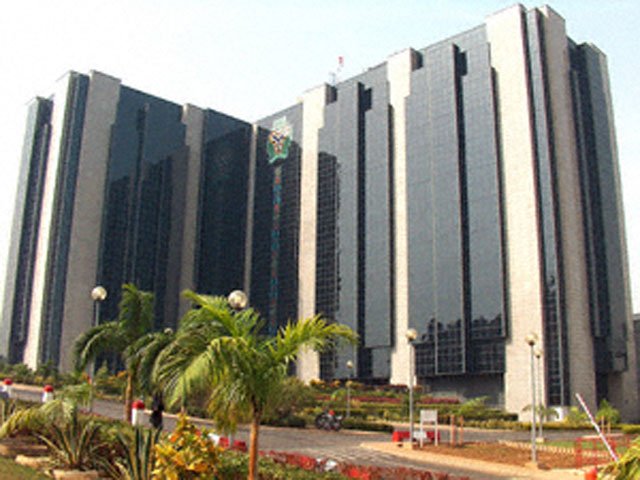
New data on the website of the Central Bank of Nigeria (CBN) shows that the nation’s external reserves rose by $4.35bn or 11.22% at the end of the year 2018 on December 31.
Nigeria’s reserves climbed from $38.765bn on December 29, 2017, to N43.116bn at the end of December 2018, despite sliding by $168.868m, or 0.39% from $43.285bn on December 24 to $43.116bn a week later.
The year-end level could have been much more robust, but for the $4.748bn, or 9.92% decline from $4.765bn peak attained on May 10, 2018.
Month-on-Month, the reserves level increased by $949.682m, or 2.25% from $42.167bn on November 30, to $43.116bn on December 30, 2018, while shedding $4.748bn or 9.93% from its peak level of $47.865bn on May 10, 2018.
The decline in reserves level over several months, despite the robust rise in crude oil, the nation’s mainstay and the relative peace in the oil-rich Niger-Delta region was explained by Godwin Emefiele, Governor of the CBN.
In his personal statement at the November 2018 meeting of the Monetary Policy Committee (MPC), Emefiele blamed the declining reserves on the the rising yields in the U.S and the concomitant capital flow reversals, which he noted, remains a threat to exchange rate, and inflation.
“This is further exacerbated by the anticipated fiscal and political spending over the next few months and its prospective impact on inflations expectations. While the cyclical recovery of Nigerian economy is still fragile, it is important that inflation expectations are adequately anchored.
“As oil prices begin to soften, the expected cushion from oil receipts for FX reserves and exchange rate looks to be weakening,” he added, stressing the critically importance of protecting the economy from oil related volatilities.
Also, addressing journalists at the end o the World Bank Group Annual Meetings in Bali, Indonesia in October, Emefiele it followed a conscious decision of the apex bank to defend the Naira against international currencies, using the nation’s reserves pool.
This, he said, is a preferred route, rather than continually building the reserves and allowing the Naira’s free-float.
According to him, while not losing sight of the need to build buffers “I must say that we are in the period where it will be difficult to talk about building reserve buffers.
“We can only build reserve buffers if we want to hold on to the reserves and then allow the currency to go, and wherever it goes is something else.
“So, it is a choice we have to make and at this time, the choice for Nigeria is to maintain a stable exchange rate so that businesses can plan and we do not create problems in the banking system,” he added
He spoke against the backdrop of the warning by the IMF for Nigeria to be cautious about the use of its foreign exchange reserves, as oil prices could decline at any time.












